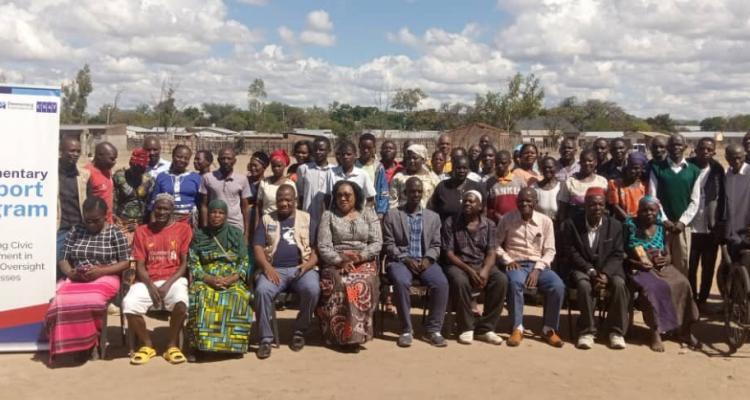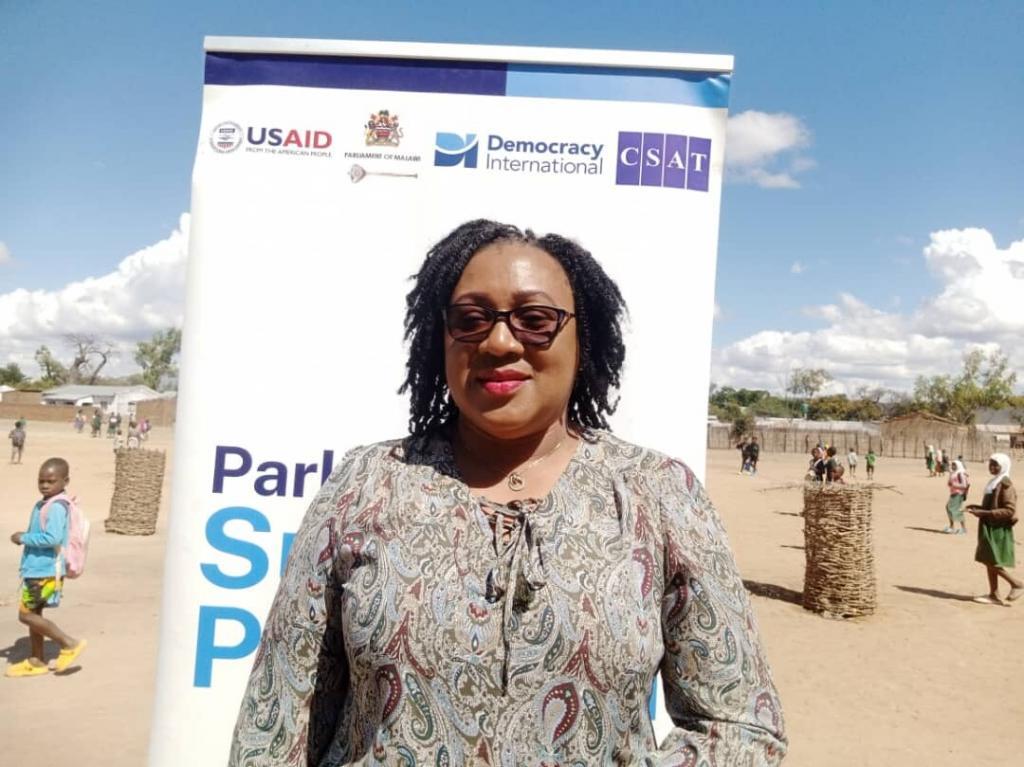
Authorities in Mangochi are facing criticism from some communities for their lack of transparency and accountability in the execution of development projects.
The uproar stems from the collapse of the Koche bridge, funded by the Governance to Enable Service Delivery (GESD) initiative with a budget of K68 million.
The collapse occurred while the bridge was still under construction by Silver contractors, leaving locals without a vital mobility solution.

At a recent interface meeting organized by the Centre for Social Accountability and Transparency (CSAT), Dorothy Kakwera, vice chairperson of the Koche area Development Committee, expressed dismay over the district council’s failure to involve community members in project planning.
She highlighted suspicions of nepotism in contractor selection, suggesting that some contractors secure projects due to personal connections rather than merit.
“It’s worrisome that as communities, we are bypassed when it comes to the processes of identifying contractors to work on various projects in our areas. We believe that some contractors are just hand-picked because of their connections with people in authority,” Kakwera said.
The termination of Silver Contractors’ contract by the council has left the project in limbo, prompting concerns over its future.
However, Member of Parliament Victoria Kingstone has pledged support for the bridge’s reconstruction using funds from the Constituency Development Fund (CDF), acknowledging the importance of addressing constituents’ needs.
CSAT, through its Parliamentary Support Programme, aims to enhance democratic governance by empowering communities to hold authorities accountable and understand the roles of their parliamentary representatives.
Moffat-Mpweya Phiri, CSAT’s Citizen Engagement manager, emphasized the importance of community involvement in governance issues and urged continued vigilance from citizens.
“We believe the two-year program with funding from USAID and Democracy International is key in bringing Parliament to the community members to fully understand parliamentary issues,” said Phiri.
With funding from USAID and Democracy International, CSAT is implementing this program across nine districts, aiming to bridge the gap between Parliament and grassroots communities.














